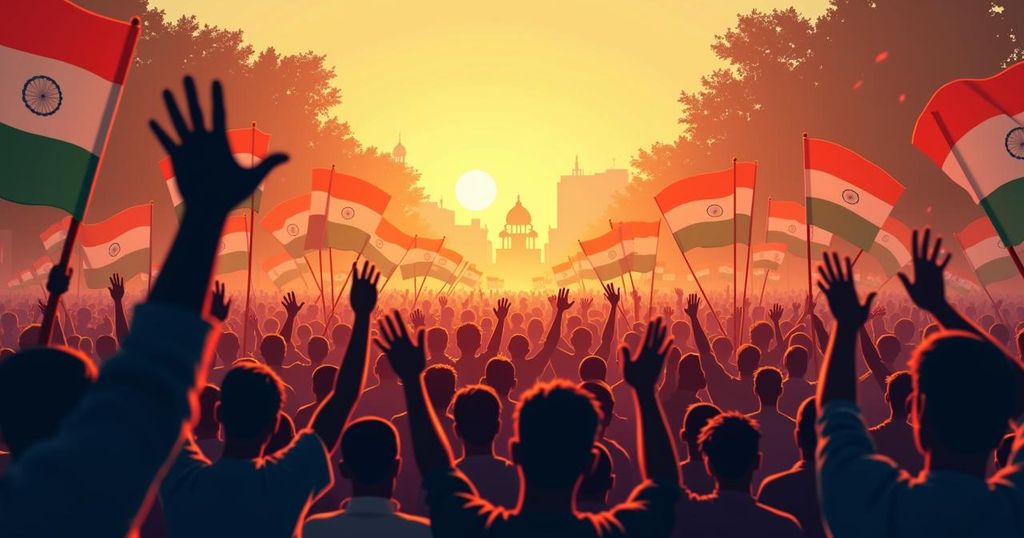The recent elections in Haryana and Jammu and Kashmir reveal mixed outcomes for Prime Minister Narendra Modi, with the B.J.P. surprisingly retaining control in Haryana but facing significant defeat in Jammu and Kashmir to Congress. This suggests a return to pre-Modi political dynamics, with local issues taking precedence over national narratives.
In the wake of Prime Minister Narendra Modi’s stunning loss of majority in India’s national elections earlier this summer, the recent elections in the northern state of Haryana and the tumultuous region of Jammu and Kashmir provide critical insights into his political clout. Despite the opposition Congress Party being favored in Haryana, the Bharatiya Janata Party (B.J.P.) managed to retain control, sending a message that poll predictions should be treated with caution. Conversely, in the strategically significant Jammu and Kashmir, Mr. Modi’s attempts to promote B.J.P.’s dominance were met with significant opposition, resulting in a landslide victory for Congress and its allies. These developments signal a possible regression to pre-Modi political dynamics in India, emphasizing the importance of localized issues and the complexities of coalition politics. This contrasts sharply with Modi’s previously perceived electoral invincibility, particularly after a shocking defeat in the recent national elections that seemingly disrupted the long-standing expectation of his unassailable leadership.
India’s political landscape is characterized by a diverse array of states with distinct populations and interests. The recent state elections in Haryana and Jammu and Kashmir represent a significant barometer for national sentiment, especially following Prime Minister Modi’s B.J.P. losing its outright majority at the national level. Historically, Modi’s strong image as a leader and the B.J.P.’s positioning of India as a formidable Hindu power swayed voters. However, the recent elections reflect a shift back to local issues taking precedence over national narratives, signaling a more complex and nuanced political environment.
The recent elections in Haryana and Jammu and Kashmir illustrate the shifting dynamics of Indian politics, highlighting the challenges Prime Minister Modi faces in maintaining his influence. While the B.J.P. secured a surprising victory in Haryana, the overwhelming support for Congress in Jammu and Kashmir suggests a re-emergence of traditional political realities where local considerations override national trends. These results may indicate a broader political recalibration in India, necessitating strategic adaptation from the ruling party as it navigates an increasingly fragmented electoral landscape.
Original Source: www.nytimes.com






